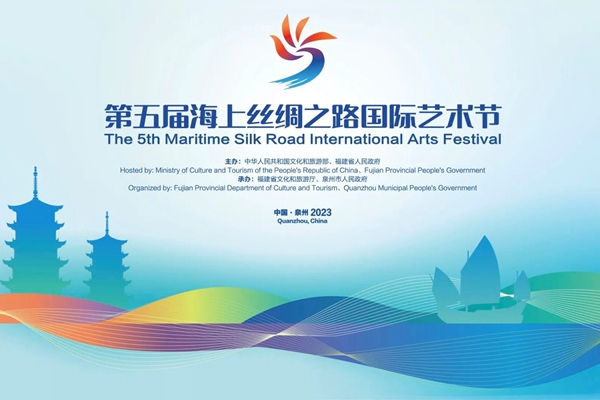Two counties in Quanzhou make list of impressive ecosystems
A list of the top 100 counties selected for their impressive ecosystems was recently published by Insight China magazine. Dehua and Yongchun counties in Quanzhou, a city in East China's Fujian province, made the list.
Compiled following comprehensive evaluation, the list is based on big data, county-level special surveys, social public attitudes and expert reviews.
It set six network data evaluation categories such as environmental protection measures, sustainable development, and urban construction, and 120 keyword tags such as waste classification, sewage management, energy saving and emission reduction.

Beautiful starry sky at Jiuxian Mountain scenic area in Quanzhou's Dehua county. [Photo/xinhuanet.com]
Dehua county is in the north of Quanzhou. It was the birthplace of Chinese ceramic culture and one of the three major ancient porcelain cities.
It has successively won the titles of World Ceramic Capital, Hometown of Chinese Ceramics, China's Best Eco-Tourism County, Hometown of Chinese Folk Culture and Art, and Hometown of Oil-tea Camellia.
Yongchun county, which was known as Taoyuan in ancient times, has a history of more than 1,000 years. Yongchun has a forest coverage rate of 69.5 percent, with an afforestation rate reaching 95 percent.
It is a national ecological county, a national sanitation county and a famous tourism county with the most distinctive charm in China.

Clouds and mist surround the Zuifengyan scenic area in Chengxiang town, Quanzhou's Yongchun county, like a fairyland. [Photo/xinhuanet.com]

 5th Maritime Silk Road International Arts Festival
5th Maritime Silk Road International Arts Festival 